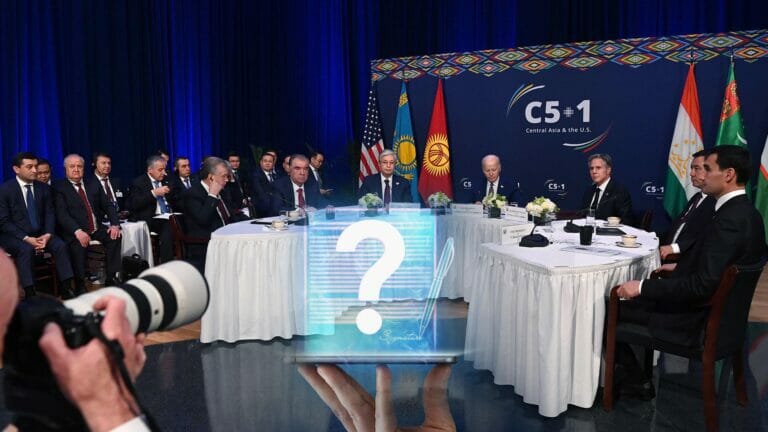According to new amendments to the country’s Tax Code, which were approved by the parliament on May 25, the cryptocurrency mining industry is going to be subject to differentiated taxation starting from January 1 next year.
Under the new rules, the rate of electricity payment will be linked to the average electricity price during an accounting period. For example, if the average cost of electricity is about $0.01-0.02 per kilowatt-hour, the payment rate will be $0.02; if the price is $0.02-0.03, the rate will be $0.016; if the price is $0.03-0.05, the rate will be $0.007; if the price is $0.05 and higher, the payment rate will be about just $0.002.
If a mining farm is using renewable sources of energy, the rate of payment for such a farm will be minimal: $0.002 per kilowatt-hour.
However, some deputies are still unsure about the new rule as it might be not as effective as the government is expecting.
«You are going to differentiate payments rate for mining in different regions where electricity prices may vary. You want to oblige miners to pay more when the electricity price is low. But what if this practice would force miners to concentrate in one place? A place where the average cost of electricity is relatively low. I mean, there is a risk of a potential shortage of electricity local businesses and citizens may face,» said Elnur Beysembayev, member of Kazakhstan’s parliament, while appealing to the government.
As Alibek Kuantyrov, minister of the national economy noted, the government has already examined all the facets of the issue.
«The sole goal of the rule is to make digital miners pay more for the electricity they consume. We’ve discussed the issue with the business community and associations. We have decided to introduce differentiation,» he said.
President Kasym-Jomart Tokayev of Kazakhstan has been the key driver of this process as he pushed
the Financial Monitoring Agency to solve the problem of illegal digital mining in the country.













